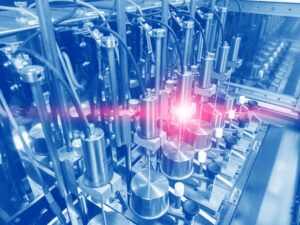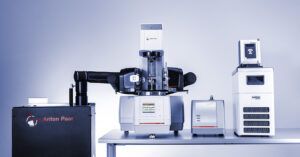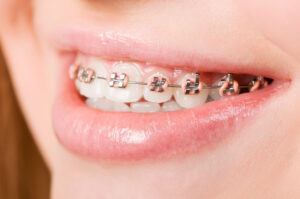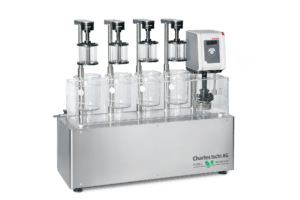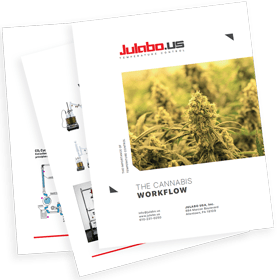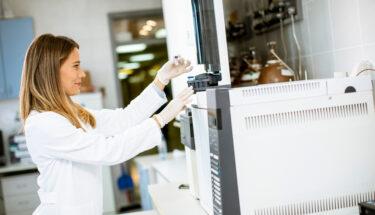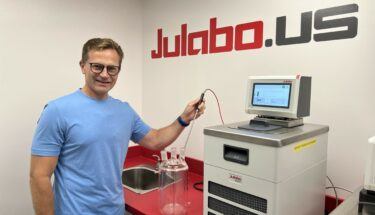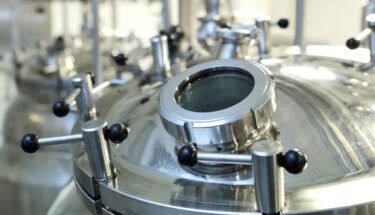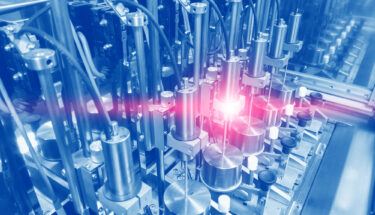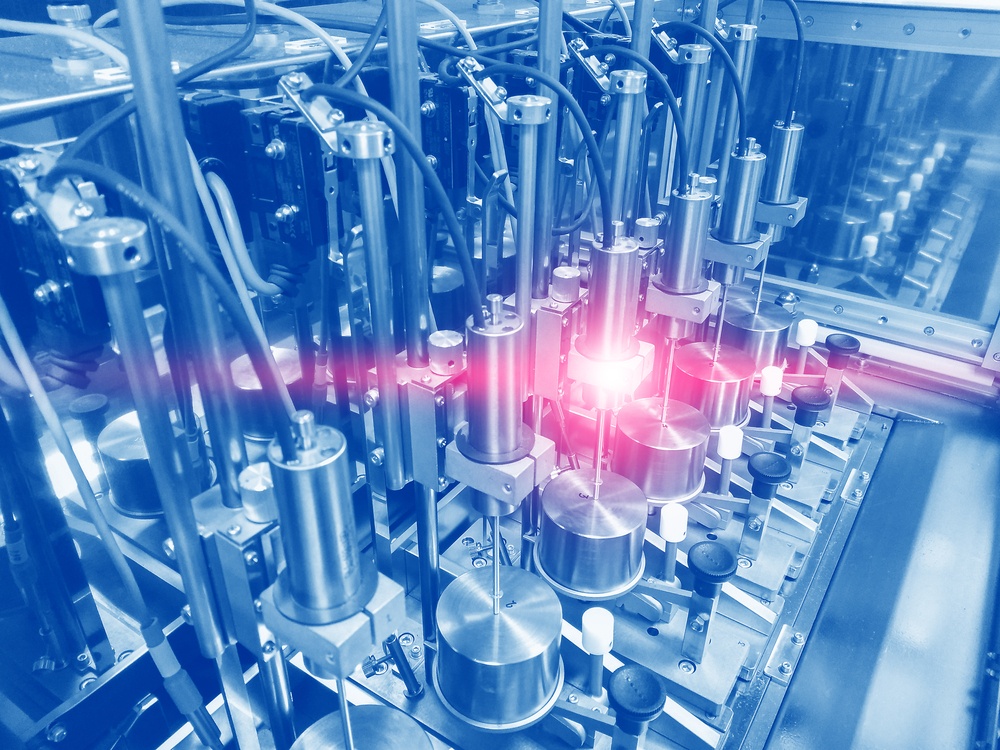
Elevating Precision in Physical Testing Labs with Circulators for Temperature Control
Authored by: Dr. Dirk Frese, VP of Sales, Marketing & Service
In the field of physical testing laboratories, where accuracy and reproducibility reign supreme, precise temperature control stands as a cornerstone. Achieving consistent and controlled temperatures is not just a convenience but a necessity for obtaining reliable and meaningful test results. In this article, we are looking into the role of circulators in physical testing labs and how they contribute to elevating precision in various testing procedures.
Understanding the Role of Circulators
Circulators are specialized temperature control devices designed to maintain precise and uniform temperatures in laboratory equipment such as baths, incubators, and reaction vessels. They can do so by heating or cooling a heat transfer fluid, e.g. deionized water, propylene glycol mixtures or silicone oils in a reservoir, the bath and potentially pump the tempered fluid to an external application by means of adequate centrifugal or gear pumps. Unlike traditional heating or cooling methods, circulators offer advanced temperature control capabilities, ensuring stability and accuracy in temperature-sensitive applications and better controlling and monitoring capabilities.
Melting point and viscosity test:
The Importance of Precision Temperature Control
In physical testing labs, where experiments often hinge on subtle variations and minute measurements, precise temperature control is key. Whether conducting viscosity measurements, tensile strength tests, or rheological studies, maintaining a constant and controlled temperature environment is essential for obtaining accurate and reproducible results. In more complex setups temperatures need to be ramped up or down quickly for rheology and viscometry tests and be oscillated for tensile strength testing, which circulators are perfectly designed for.
Comparing Circulators to Conventional Methods
While conventional methods of temperature control, such as heating mantles, may suffice for basic applications, they often fall short in terms of precision and stability as well as ease of control. Water baths as the ones from JULABO (SW22 or PURA range), are precise and stable, the heating power is smaller though than with circulators. Working temperatures are limited generally between ambient and 99°C. Circulators, on the other hand, excel in providing tight temperature tolerances, rapid temperature sweep rates, and uniform temperature distribution, thereby offering superior control over experimental conditions.
Optimizing Testing Procedures with Circulators
In physical testing labs, circulators find widespread use in a variety of applications. For instance, in rheological studies, precise temperature control is critical for characterizing the flow behavior of materials such as polymers and suspensions. JULABO’s versatile range of Corio®, Dyneo® and Magio® circulators is very suitable for that. In addition, circulators of the Peltier type without a compressor nor refrigerant is very often utilized for these tests. JULABO has the TE400 in its offering with 400W of cooling power at 20°C. Circulators ensure consistent temperatures during viscosity measurements, enabling researchers to accurately assess fluid behavior under different temperature conditions. Again, the above-mentioned circulators are the ideal temperature control instruments to be paired with advanced viscosimeters.
Copyright: Anton Paar
Similarly, in tensile testing of materials, maintaining a constant temperature is essential for evaluating mechanical properties such as strength and elasticity. Temperature dependency in these cases where circulators are used most are analyzed for polymers, adhesives, fibers in food as for meat replacement products, fibers in carbon fiber rods, liquid metal alloys, nickel titanium alloys for dental arches just to mention a few to illustrate the breadth of possible applications.
NiTi Arches
Into the same category of tests belong these of friability and hardness as well. Again, important in many research areas and in pharmaceutical formulation research.
Circulators integrated into testing equipment guarantee uniform temperatures across samples, eliminating temperature-induced variations and ensuring reliable test results.
Furthermore, in dissolution testing of pharmaceutical formulations, precise temperature control is essential for simulating physiological conditions and accurately assessing drug release rates. Circulators integrated into dissolution testing apparatuses maintain constant temperature conditions in dissolution vessels, ensuring reproducible results across different batches and formulations. See more in blogpost: Advancing Temperature Control in Pharmaceutical Formulation Research and Development: Insights into Sample Incubation, Dissolution and Stability Studies.
Tablet Hardness Testing:
Source: ischi
Conclusion
In conclusion, precise temperature control facilitated by circulators plays a pivotal role in enhancing the accuracy and reproducibility of experiments in physical testing labs. By providing stable and uniform temperature conditions, circulators contribute to the optimization of testing procedures, enabling researchers to obtain reliable data for scientific analysis and product development.

